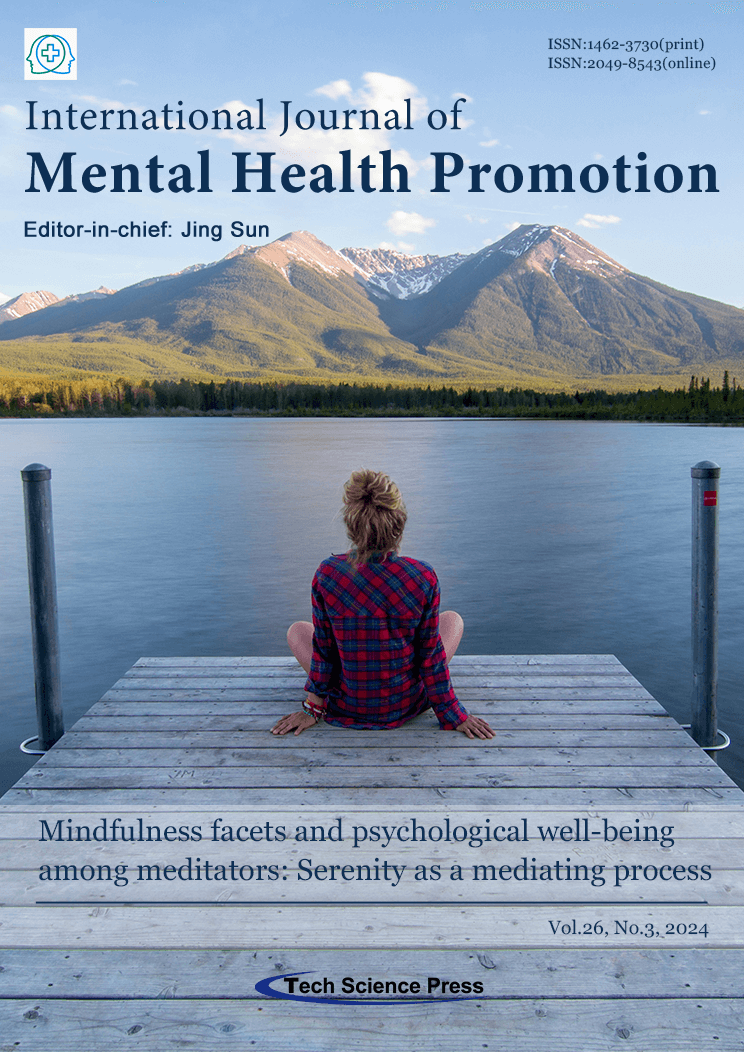
Guided by the theoretical processes of mindfulness and psychological well-being, this study examined serenity as a mediator between mindfulness facets and psychological well-being, as indexed by depressive symptoms and life satisfaction. Participants were 133 mindfulness practitioners who took part in a 3-day transnational meditation event in Hong Kong. Upon informed consent, participants completed a self-report questionnaire. The findings from structural equation modeling showed that serenity mediated the relation between two facets of mindfulness, including describing and nonreacting to inner experience, and life satisfaction. Serenity also mediated the relation between the mindfulness facet of describing and depressive symptoms. Direct associations were indicated between two mindfulness facets, including observing and nonjudging of inner experience, and depressive symptoms. Taken together, the findings revealed mindfulness facets as major correlates of serenity and psychological outcomes among Chinese meditation practitioners. To foster psychological well-being, researchers, educators, and practitioners should pay attention to the role of serenity, describing, and nonreacting to inner experience in mental health.
View this paper